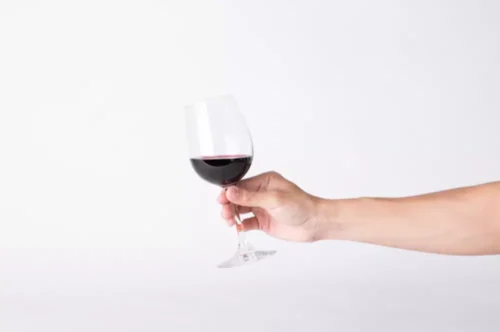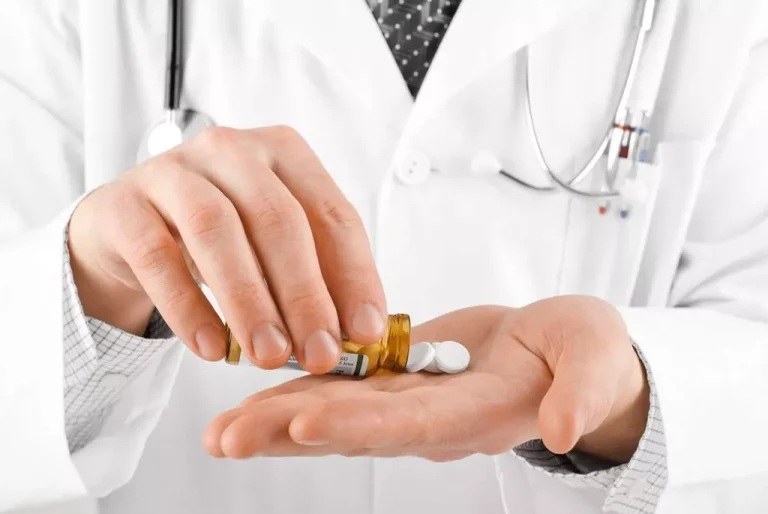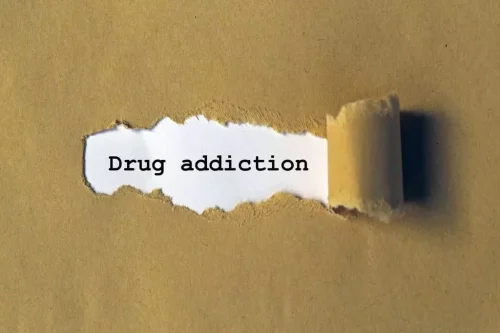
Alcohol alters brain chemistry, reduces inhibitions, and blurs judgment, potentially weakening willpower and leading to alcohol dependence. This slippery slope can make it extremely difficult for individuals to maintain control over their drinking again after sobriety drinking habits, even if they initially intended to practice casual drinking. Becoming sober is a gradual process that can take weeks, months, or years. Many people battle with lapses and relapses during their recovery journey.
A Timeline for the Restoration of Cognitive Abilities after Quitting Alcohol
With the right support and strategies in place, individuals can confidently participate in social events without compromising their sobriety and can stay sober even without AA, for example. Environmental factors, such as family history, peer pressure, and stress, can also contribute to a person’s risk of developing AUD. Being aware of these factors is crucial when considering drinking alcohol again after a period of sobriety. By understanding the complex interplay between genetics and environmental factors, individuals can better navigate the challenges of long-term recovery and make decisions that support their well-being.

Turning Back to Old Behavior Patterns
- Remain supportive, yet firm, from the moment you find out so that you can get their recovery back on track without any further upheaval.
- This guide includes the steps required to fully support the path and the journey to addiction recovery.
- It was originally developed and approved for treating opioid addiction.
These resources offer a secure and encouraging atmosphere to share stories, gain inspiration from others in similar circumstances, and foster a sense of community and responsibility in maintaining long-term sobriety. Licensed residential treatment facilities provide 24-hour structured and intensive treatment and care, including safe accommodation and medical assistance. As no two persons are the same, people experience emotional sobriety differently. BetterHelp offers affordable mental health care via phone, video, or live-chat.

Avoid old habits and routines
Research from the Department of Veterans Affairs demonstrates that people who participate in 12-Step programs tend to have better outcomes than those who don’t. Support isn’t just needed to get a person started on the path to recovery from addiction. As stated above, support can help the individual stick to treatment through the duration of the program.
Encourage a New, Sober Network
In these instances, there is no shame in repeating rehabilitation treatment at a reputable center. The best thing you can do for a recovering addict that has relapsed is suppress your own feelings of frustration and resentment. Remain supportive, yet firm, from the moment you find out so that you can get their recovery back on track without any further upheaval. Let’s pick apart this powerful phenomenon and find out how to help the recovering alcoholic who has suffered a relapse.
- Clinically, Warren has developed a therapeutic skillset that utilizes a strengths-based perspective, Twelve Step philosophies, Cognitive Behavioral Therapy and Motivational Interviewing.
- Emotions may prompt thoughts of using but so can external cues or stimuli.
- A person who misuses alcohol will feel like they are not able to function in their daily life without the use of alcohol.
- By focusing on these positive aspects of an alcohol-free life, individuals can remain committed to their recovery journey and experience a greater sense of overall well-being.
Social withdrawal is another indication that an alcoholic has relapsed. Individuals who are sober but have an alcohol use disorder often feel the need to isolate themselves when they begin drinking again, to avoid shame from their loved ones and recovery community. Another sign of self-isolation is failing to follow through on plans and personal responsibilities. This is often obvious to the people in the individual’s life who support him or her the most in recovery. A sponsor or other member of a support group may notice that their friend has made excuses for not attending meetings.

They eventually drink and feel a loss of control and a huge sense of guilt. The cycle then continues with alcohol used to numb the guilt, but eventually, the user’s guilt can become so unbearable that they stop drinking again. Abstinence from alcohol has been proven to be the most effective way to maintain sobriety, especially for recovering alcoholics. Seeking professional help from experts at institutions like Lantana can empower individuals to live a happy and sober life, increasing their chances for long-term recovery by offering valuable education and guidance. Some people with substance use disorders turn to alcohol or drug use to self-medicate their emotional distress. For these people, part of recovery might be about learning how to process emotions in a healthy way.
- Even if someone is dedicated to abstinence, they are still at risk, especially when upsetting life events occur, and put them in a place where coping skills are needed.
- This is most easily achieved if your treatment team is managed by a single caseworker, who can track all treatments and therapies, make sure everything is compatible, and advocate for you when changes are necessary.
- For example, a Veteran with post-traumatic stress disorder (PTSD) who misuses cocaine, doesn’t have the same needs as a stay-at-home mom struggling with alcohol use.
- It not only involves the body and our behavior, but also our emotions and our thoughts.
- You might think that if others see and overhear the conversation taking place, the public shaming might be enough to “snap” the alcoholic into sobriety.
How Common is Alcohol Relapse?
Or they may have simply acted out of urgency when triggered by stress. A person in recovery with an AUD may justify drinking by avoiding hard liquor and only drinking beer or wine, but unfortunately, the disease does not differentiate, and it’s a slippery slope. To justify drinking, people in recovery might pledge not to drink before a certain time of the day or on specific days of the week. While it shows the individual with an AUD is setting boundaries, there is no way for an alcoholic to drink alcohol again in a healthy way. Most individuals with AUDs are proud of their recovery, but it’s dangerous when the pride inflates their ego, and they believe they can handle alcohol.

